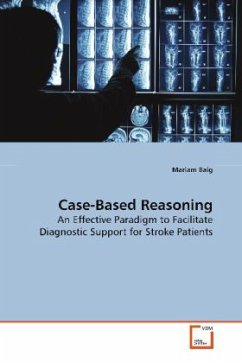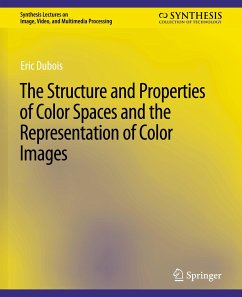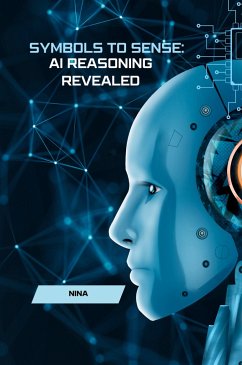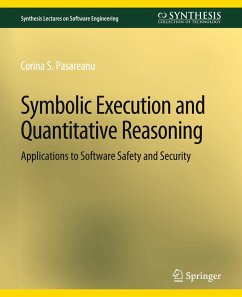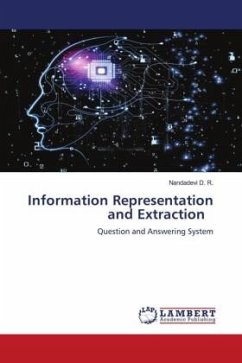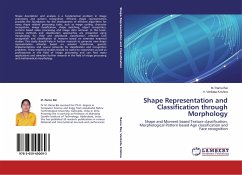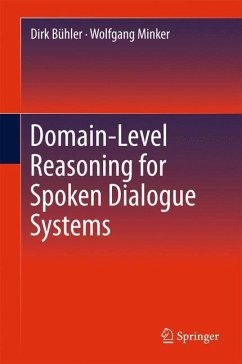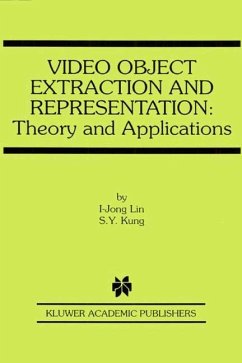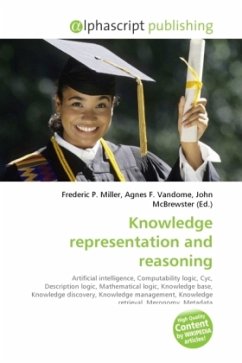
Knowledge representation and reasoning
Versandkostenfrei!
Versandfertig in 6-10 Tagen
30,99 €
inkl. MwSt.

PAYBACK Punkte
15 °P sammeln!
Knowledge representation and reasoning is an area in artificial intelligence that is concerned with how to formally "think", that is, how to use a symbol system to represent "a domain of discourse" - that which can be talked about, along with functions that may or may not be within the domain of discourse that allow inference about the objects within the domain of discourse to occur. Generally speaking, some kind of logic is used both to supply a formal semantics of how reasoning functions apply to symbols in the domain of discourse, as well as to supply, operators such as quantifiers, modal o...
Knowledge representation and reasoning is an area in artificial intelligence that is concerned with how to formally "think", that is, how to use a symbol system to represent "a domain of discourse" - that which can be talked about, along with functions that may or may not be within the domain of discourse that allow inference about the objects within the domain of discourse to occur. Generally speaking, some kind of logic is used both to supply a formal semantics of how reasoning functions apply to symbols in the domain of discourse, as well as to supply, operators such as quantifiers, modal operators, etc. that, along with an interpretation theory, give meaning to the sentences in the logic. When we design a knowledge representation we have to make trades across a number of design spaces, described in the following sections. The single most important decision to be made, however is the expressivity of the KR. The more expressive, the easier it is to "say something". However, more expressive languages are harder to automatically derive inferences from.



